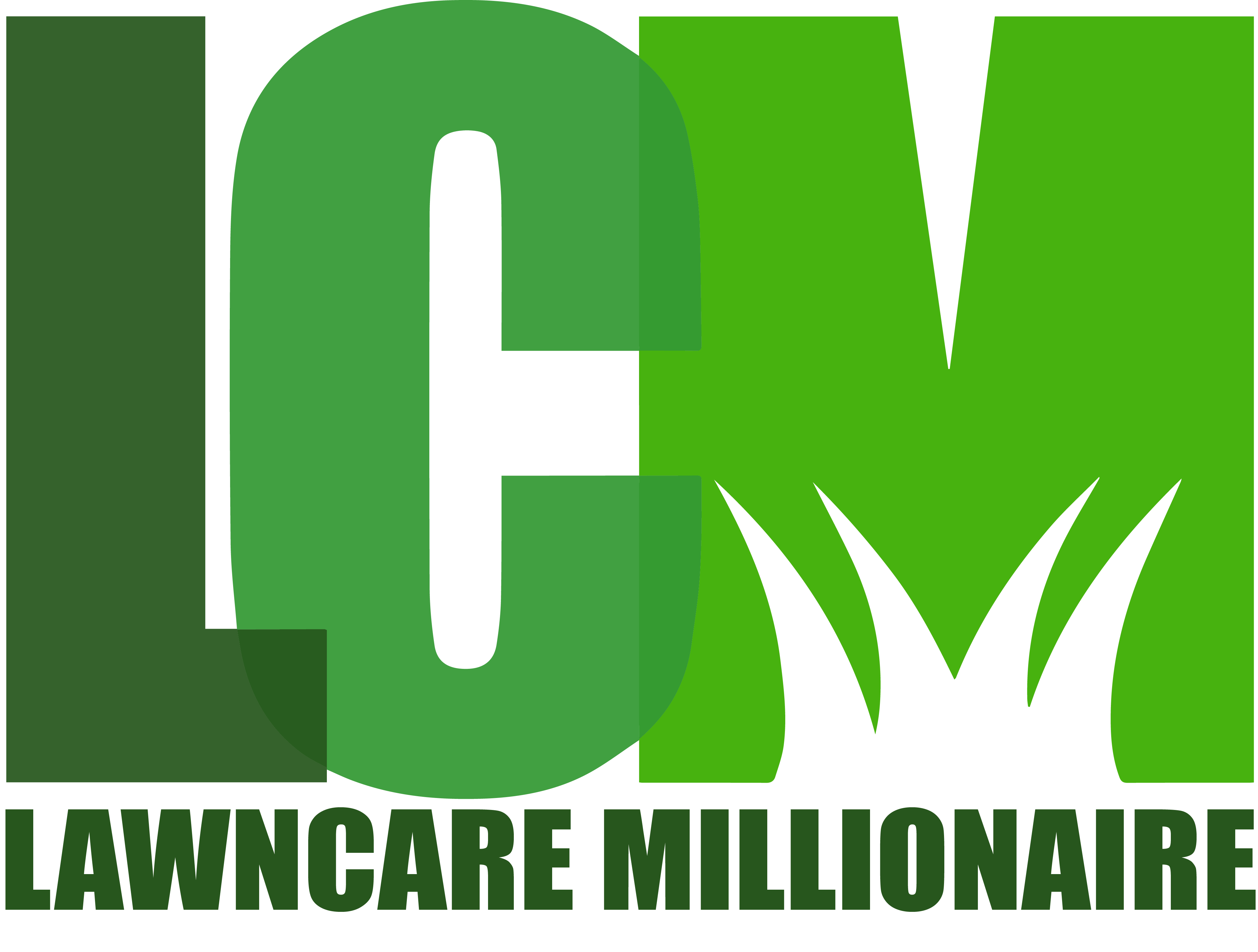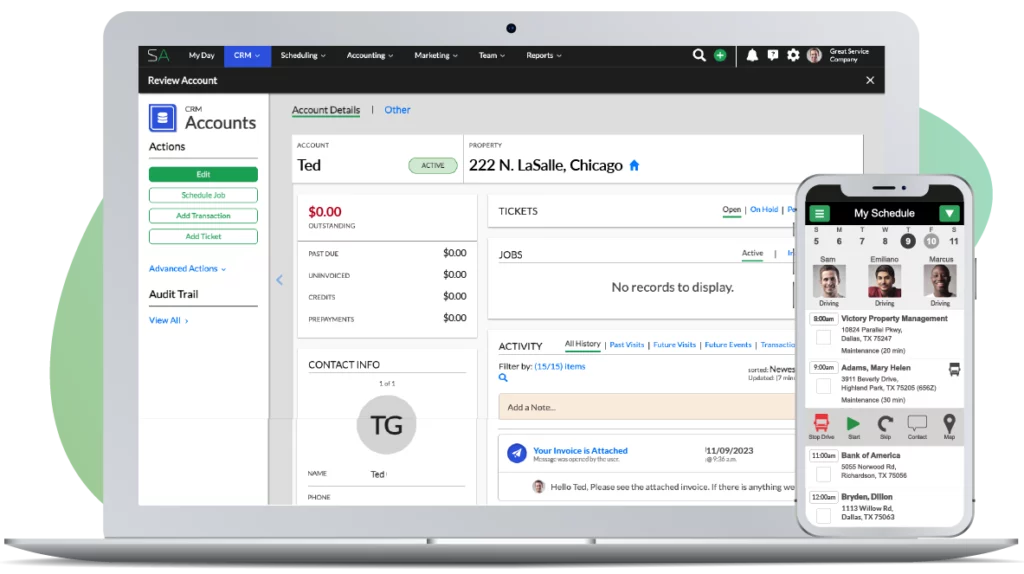The question is, “I watch Shark Tank on TV all the time. When individuals are seeking money, what is the purpose of saying “Hi Sharks, I am asking for $258,000 dollars for 10% of my business?” Is this the value of the company? Why ask for 10% instead of 25%?”
Yes, the two numbers tell the Sharks the dollar value the business owner has placed on the business. From these numbers the Sharks know 3 things:
1) how much money the Shark will need to invest
2) how much of the company the Shark will own
3) how much (in dollars) the business owner currently values the company at
For example, if the business owner wants 258k for 10%, the Shark Tank panel immediately knows the business owner thinks the company is worth $2,580,000. 10% of 2.58 million is 258k.
The Shark then needs to know how much gross revenue the business generated during the last calendar year (and further back) and how much of that was net profit.
Based on the profit margin, the Shark will assign his own value to the company. The Shark will value the company at some multiple of profit. For example, profit times 5. Every industry has a different common multiple that acts as a guide to valuing a company. A lot of factors will affect the multiple used to value the business however, there is a standard within each industry.
Back to your example…
If the business owner states they made 200k in profit last year and the Shark figures a multiple of 5 for their industry, s/he may feel the company should only be valued at $1,000,000.
As a result, the Shark will only offer 100k for 10% of the business or require 25% of the business for $258k.
The more excited the Shark is about the business, or the more they feel it has huge upside potential, the more flexible they will be with their valuation.
I also believe they put a huge value on the person or team who owns the business.
They also consider how it fits in with their current portfolio of businesses and how much expertise they can contribute.
The reason you offer 10% instead of 25% is because you want to retain as much ownership as possible.
Ownership (equity) benefits you in several ways:
- When you sell the company you get paid based on your percent of ownership. If you eventually sell for $1,000,000, every 10% of ownership you give up today (to get financing) costs you $100,000 in the future.
- You get paid distributions (profits) based on ownership. If there is 100k in profit available to distribute at the end of the year, and you own 10% of the company, you get $10,000. If you own 50% of the company you get $50,000.
- Your percentage affects tax losses. If you expect the company to lose a lot of money for years into the future, a higher % of ownership will benefit you. Your tax loses are distributed to your K1 based on ownership. This is a benefit few business owners need to worry about. It’s a more advanced tax strategy for very high net worth owners with very significant incomes.



